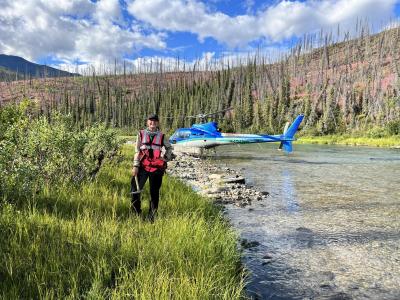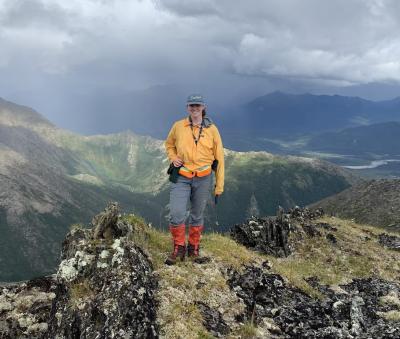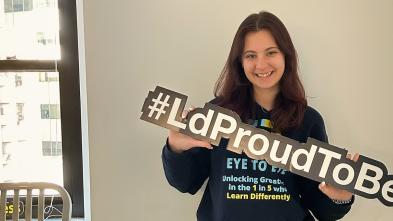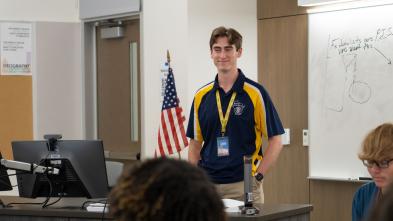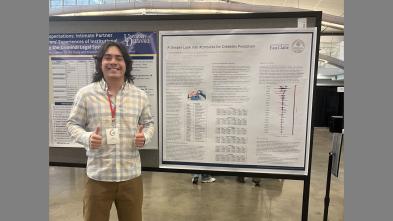Featured Image
For the media
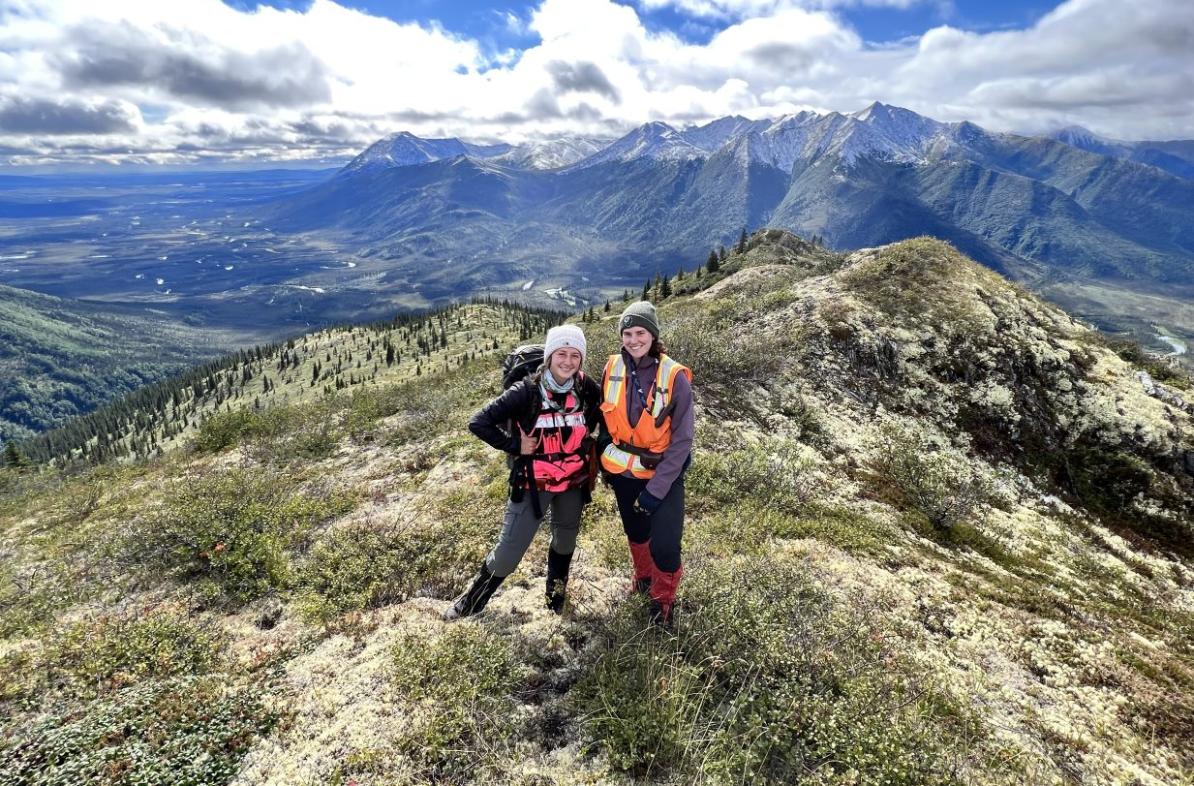
Title
Geology majors gain skills, confidence by working on a remote mountain range above the Arctic Circle
Story Categories
Authored on
Geology majors gain skills, confidence by working on a remote mountain range above the Arctic Circle
Published on:
Intro text
Plenty of University of Wisconsin-Eau Claire students spend their summers exploring new places and enjoying new experiences, thanks to jobs that take them far from home.
Sections
For the media
For the media
Image download
